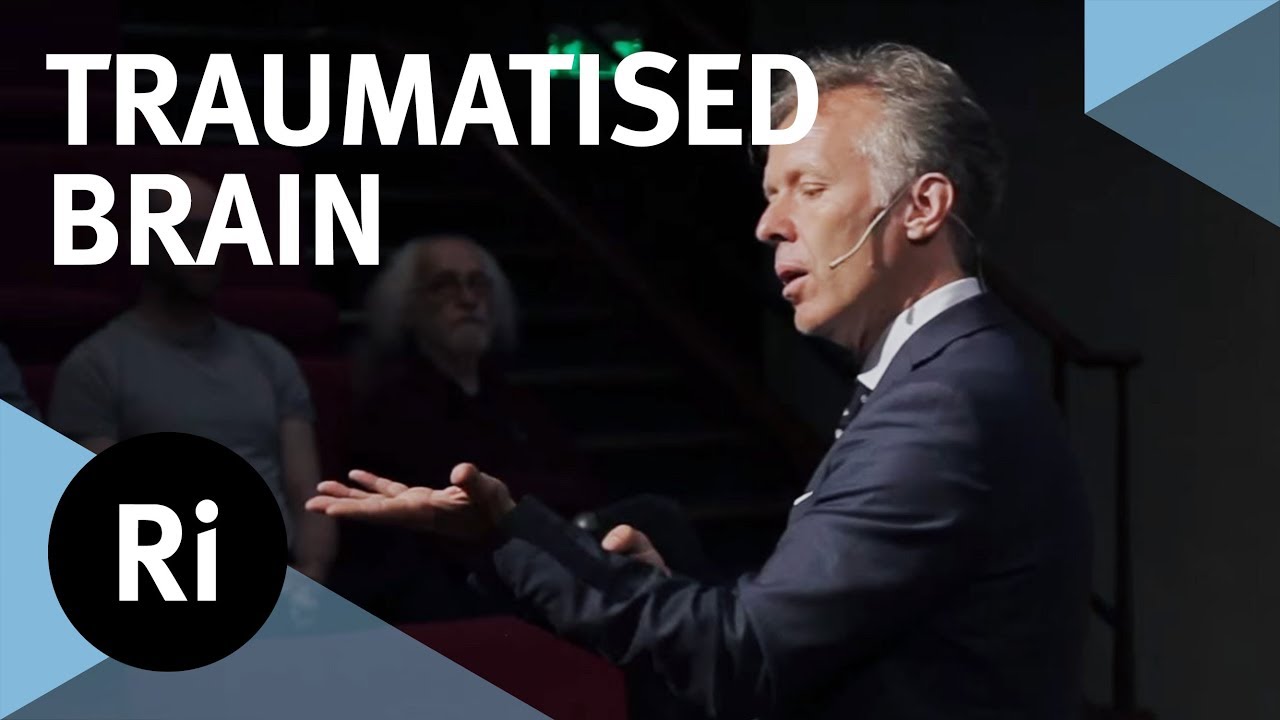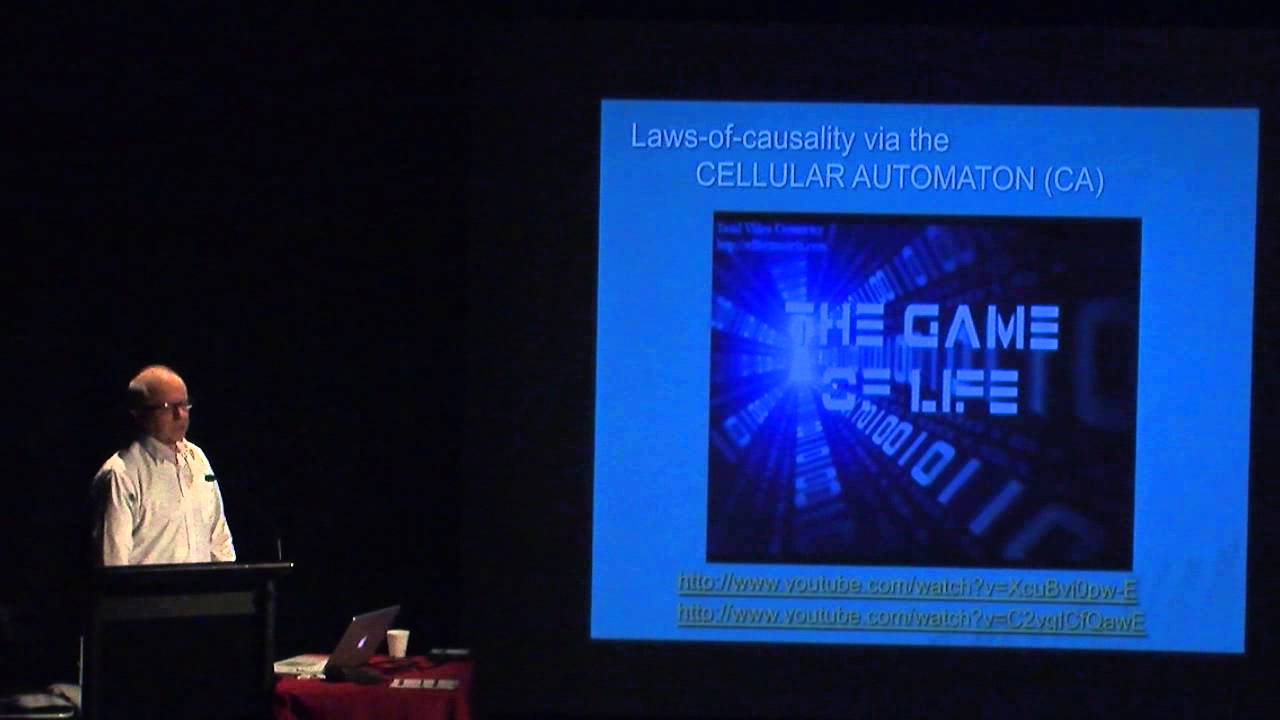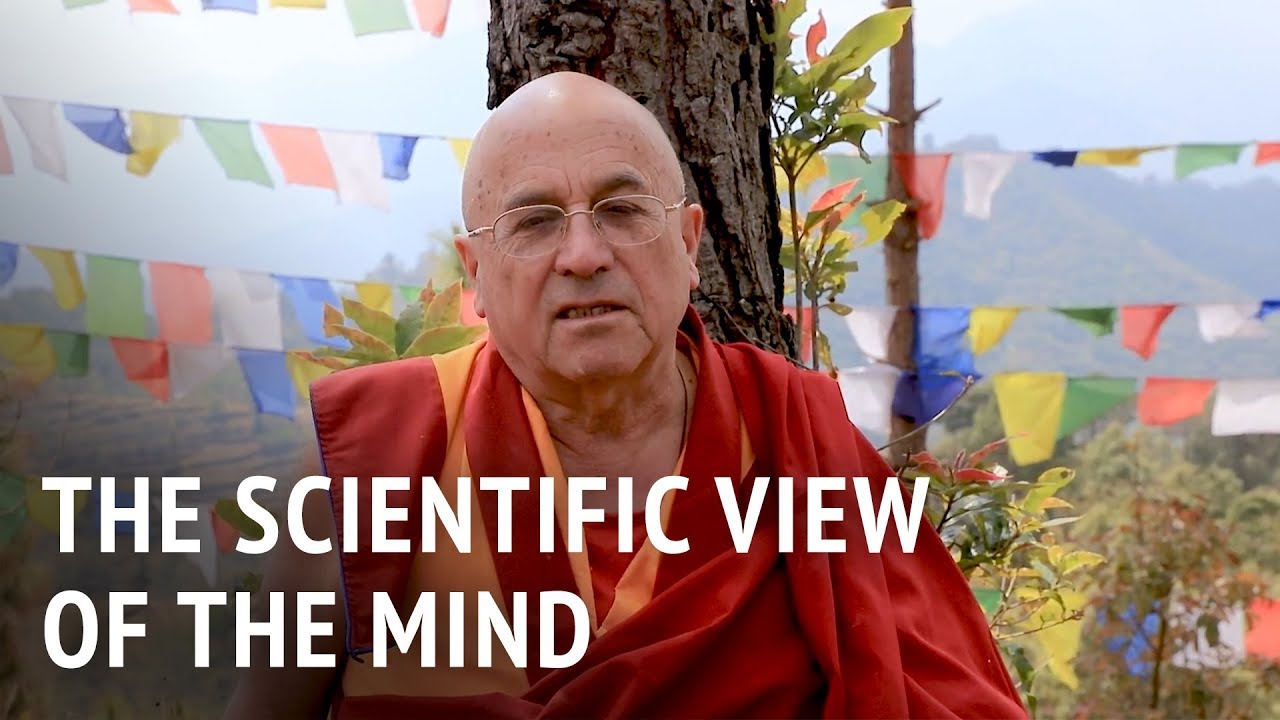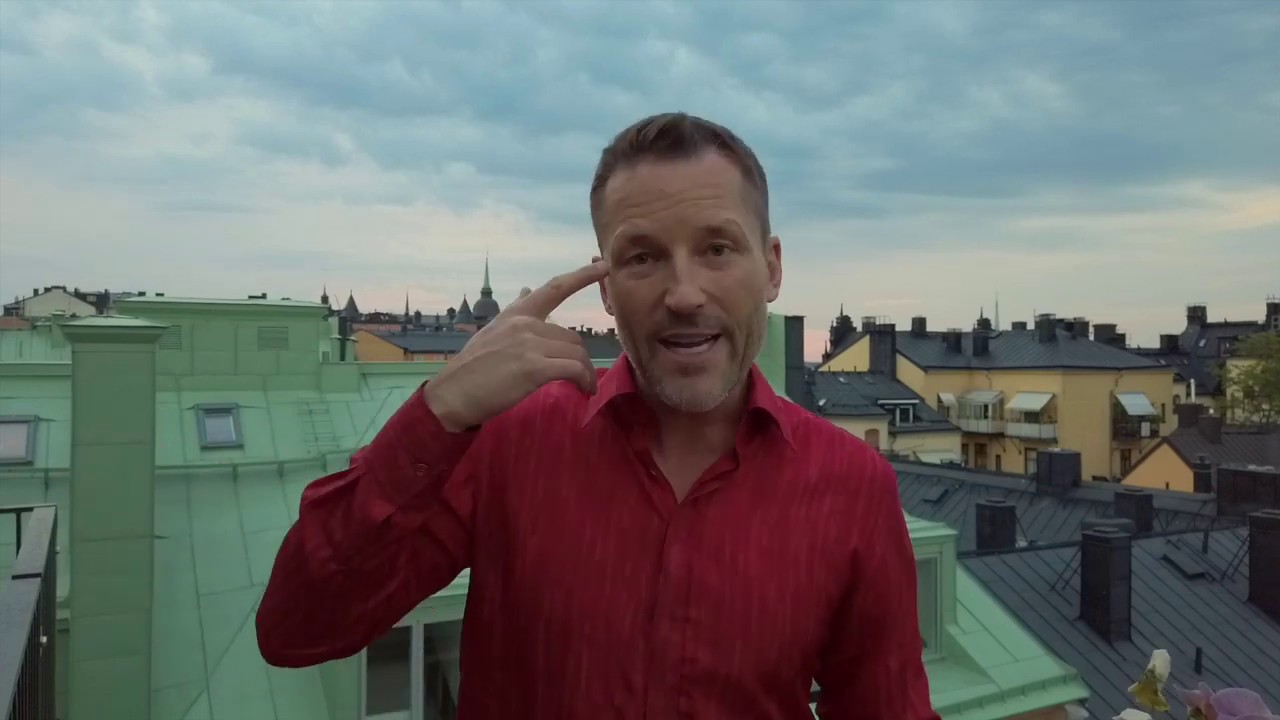The Royal Institution
Neuroscientist Morten Kringelbach discusses radical new brain imaging technology, and army doctor Alexander Wieck Fjaeldstad describes how smells trigger memories to reveal what is going on inside the brains of people affected by psychological trauma, head injury and PTSD.
Subscribe for regular science videos: http://bit.ly/RiSubscRibe
Morten Kringelbach’s research goal is to reverse-engineer the human brain and in particular to elucidate the heuristics that allow us to survive and thrive. His focus is on elucidating hedonia (pleasure) and eudaimonia (the life well-lived), and how they are affected in health and disease; in particular, seeking to elucidate their breakdown in anhedonia (the lack of pleasure) in neuropsychiatric disorders.
Alexander Wieck Fjaeldstad is an MD-PhD who served as a Captain in the Danish army. After deployment in Iraq, he became aware of how certain smells can be potent triggers of memories from the battlefield. This link provides a unique window for examining how the brain processes these memories in veterans with and without PTSD. His research focuses on understanding olfaction in the brain and how this can be used clinically.
—
A very special thank you to our Patreon supporters who help make these videos happen, especially:
Alessandro Mecca, Ashok Bommisetti, Avrahaim Chein, bestape, Elizabeth Greasley, Greg Nagel, Lester Su, Manish Upmanyu, Rebecca Pan, Robert D Finrock and Will Knott.
—
The Ri is on Patreon: https://www.patreon.com/TheRoyalInstitution
and Twitter: http://twitter.com/ri_science
and Facebook: http://www.facebook.com/royalinstitution
and Tumblr: http://ri-science.tumblr.com/
Our editorial policy: http://www.rigb.org/home/editorial-policy
Subscribe for the latest science videos: http://bit.ly/RiNewsletter
Source




this was a very useful topic and truly honest , thank you , thanks Morten Kringelbach
Do these guys know how to make a boring lecture? Every video of theirs is gold.
I was born in 1968. Long before the internet. We now live in an amazing time, when the latest research and information is right at our fingertips. I applaud the Royal Institution for providing these videos. Thank you!!!
Please also check out promising medical research into psychedelics for PTSD etc:
The Multidisciplinary Association for Psychedelic Studies (@MAPS)
Beckley Foundation (@BeckleyResearch)
Psychedelic Research Group at Imperial College London (@Imperial_PRG)
Excellent speaker. He assumes the audiences ability to comprehend and doesn't waste time with unnecessary technical minutiae.
There is a advantage in being a psychopath and a sociopath you can never have ptsd literally can't have it im not totally sure of this
After two tours in Vietnam, I have had acute PTSD and now I have fairly well controlled chronic PTSD. After 50 years, I still worry about having another attack of severe depression. It has been almost 3 years since my last attack and that is the longest I've gone without a severe attack of depression since I left Vietnam. For those who think that such a long lasting problem with PTSD and the symptoms of severe depression that might disability should be obvious to those around me, I must report that that is often not the case. I have been able to work, raise a family, work my way through college, and obtain a Ph.D.. A great many of the people around me have never been aware of my PTSD symptoms or my severe episodes with depression. Of course, those close to me are not only aware of my problems but have suffered through them with me.
Can PTSD work in reverse? i.e. Can someone be sent to a place where they're exposed to unavoidably enjoyable experiences, then come back a different person?
Morten Kringelbach, Do you know in the 60s of studies done on schizophrenia cadaver brain dissections that showed stunted development of the hippocampus and amygdala during infancy? Called delayed onset PTSD. All male patients were circumcised and the females had history of infant rape trauma.
In countries where the military is underdeveloped (lacks scientific background), basic military training the main goal is to simulate combat stress. Isn't it enough, if done in a careless way, potentially traumatizing aswell?
You'd be amazed at the levels of PTSD that comes from ghetto life.
Okay first speaker, r u talking about ptsd or are you talking about your self.
Lot of wasted time in introduction. Simple statement of purpose of lectures and speakers is all that is necessary.
I had a TBI when I was 16 and now have PTSD, I am on disability and struggle each day. I appreciate you’re video and helping others by talking about the affects of daily life.
10 months after open heart surgery I experienced anhedonia. Pre existing was 35 years of moderate traumatic brain injury (motor vehicle accident, 1985, Sydney, Australia).
Anhedonia is watching poor quality monochrome tv, compared to full color, full sound 3d tv.
Anhedonia in my case: low dose anti depressants, with cognitive behavioral therapy.
PTSD. It can be minimized. Give the words that might be used to describe the possible experience.
Brain electrolytes are forcibly changed in open heart surgery. Autonomic sensors of many types are sending wrong data to conscious and unconscious parts of the brain. Timings of the brain automata are desynchronized.
The video wrongly describes overclocking the CPU. In my case, desynchronized GPU, GPS and optical illusions (patterns) were regularly & very predictably incurred.
Locked in syndrome (no verbiage to try to understand the experience, plus inability to understand the experience) … led to hyper arousal.
Intensive Care Unit (hospital), with hourly bloody tests, catheters, alarms, lights, no sleep, electrolyte imbalance, … .
Then conscious and unconscious PTSD that this uncontrollable brain trauma can happen again, so unpredictability, do uncontrollably!!
CBT and virtualization (3d visual goggles, with user selected controls, including audio) … might work.
Post surgery needs to protect the traumatized person from nasty visual and aural hallucinations. Eye darkness or nice visuals, and-or ear bud sounds?
My worst trigger is the smell of vinyl seating, after being a fist attender at a tube accident.